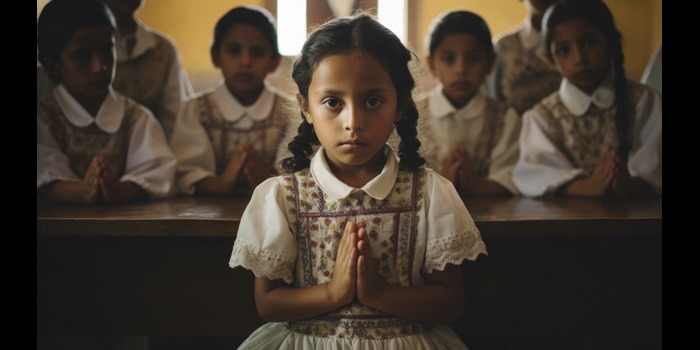Floating School on Loktak Fights to Stay Afloat
Share

Because it is the only floating school in the Northeast, it has given hope to the children of the indigenous fishing communities residing in Manipur’s Loktak Lake distant areas. Originally created to teach the phumdis—the bizarre floating biomass discovered in Loktak—this unique institution is now symbolically and physically fighting for its survival as a result of an existential conflict. Founded in 2015 by the NGO People Resources Development Association in cooperation with the All Loktak Lake Areas Fishermen’s Union Manipur, the floating school is located in the Bishnupur district’s Champu Khangpok. The institution was started to meet the educational needs of children living too far from mainland schools and from impoverished families, most of whom support themselves by means of fishing. Floating lightly on Loktak Lake, the school is housed in a single-room structure constructed of bamboo and tin sheets. There are no official classrooms or a solid basis with only a few chairs, chalkboards, and a great dedication to teaching underprivileged children. Originally with just 25 kids, the majority of whom were the children of close-by fishermen. Teachers and neighborhood volunteers put years of hard labor to keep consistent attendance despite poor living conditions, poor transportation, and awful weather. Still, rising bureaucratic challenges and a lack of financial backing jeopardize the survival of this unusual group. The NGO PRDA, which has voiced worries the school would close if it did not get quick financial support from the government or donors, runs it. According to the group, the initiative has not gotten regular funding since a small grant expired in 2020. Some teachers and staff have been donating their time since community support offers a low salary. Still, it has proven hard to maintain even that little degree of assistance. Along with ecological concerns, the institution is managing financial constraints. Encroachment, pollution, and changing water levels all have had adverse effects on the ecology of the lake; all of which have severely impacted Loktak Lake in recent years. The conditions have also complicated life for the families as well as the institution it serves. Significant changes in water levels have occasionally caused the school’s base—a bamboo raft—to become unstable, so endangering the building and its inhabitants. The children themselves come from Manipur’s poorest and most underprivileged areas. Usually illiterate, their parents depend only on fishing for income. In the floating school, they taught their children the basics of their education without having to spend for costly and hazardous travels. These kids may lag once more and have trouble competing with their peers in the city when schools are closed. Local residents and civic leaders have asked the state government and education authorities to intervene so that the school may keep going. In addition to the lack of an educational institution, they claim that the closure of the floating school would harm the community’s optimism, self-esteem, and development. Some have proposed integrating the institution into the formal educational system or transforming it into a government-accredited learning center to ensure it gets constant funding, competent instructors, and infrastructure support. Though the subject is trending on social media and among civil society organizations, the Manipur government has not formally reacted yet. Environmental activists have also alerted the public to the issues the school faces as an illustration of the pervasive disregard for Loktak Lake and its inhabitants. They believe the objectives of the floating school go further than academics to enable its inhabitants and preserve the fragile environment of the lake. The story of the floating school sailing on turbulent seas reminds us of the silent, sometimes neglected battle for education and equality in India’s distant areas, where invention meets hardship and the search for knowledge battles to exist.







